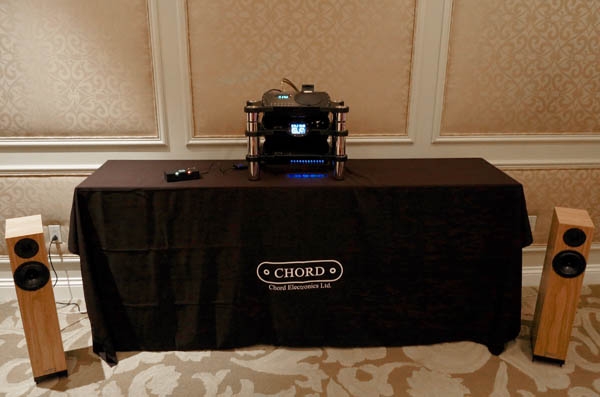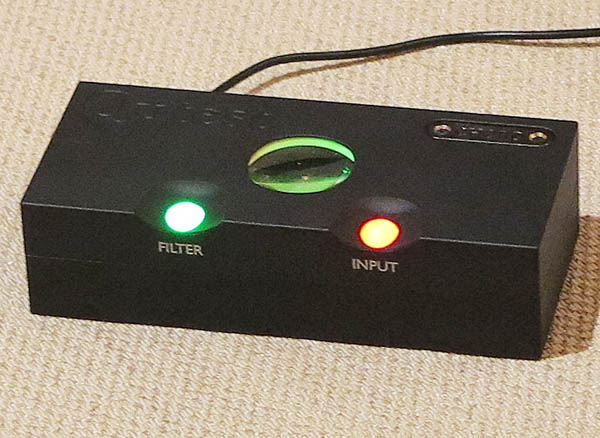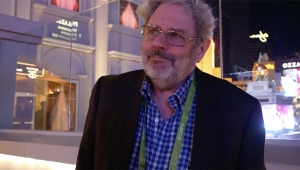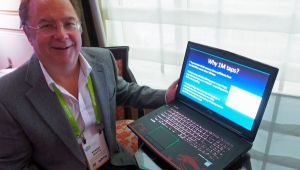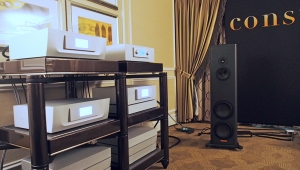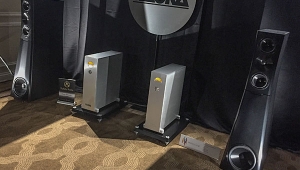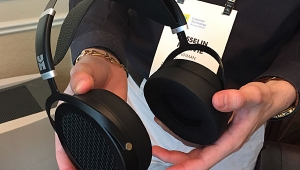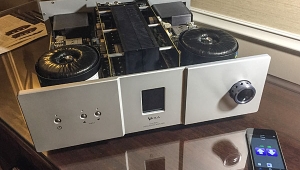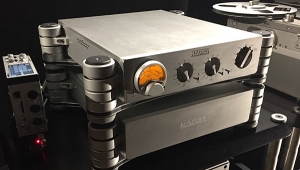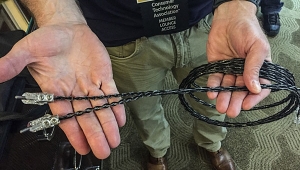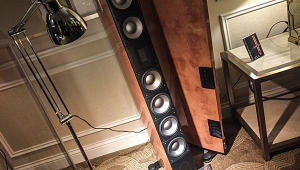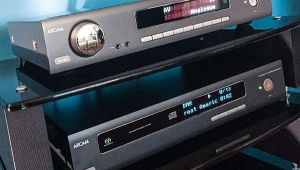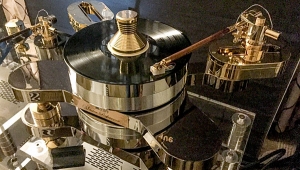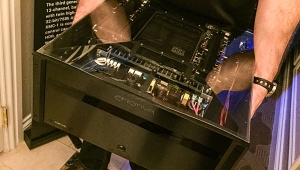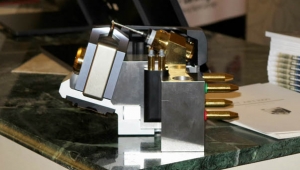| Columns Retired Columns & Blogs |
...Chord DACs are the only ones worth paying more than a few hundred dollars for.
Either dCS or Chord are an audio revolution among all these 'me too' DACs using some 10 dollar 'off the shelf' chip of somebody else's design, reading its data sheet, doing what it says, and adding thousands of dollars for a power supply, maybe a couple of tubes for decoration, and a fancy case.
And the very long established Spendor speakers, named after Spencer (a BBC sound engineer) and his wife Dorothy, :}:} have always been among the best regardless of price.
